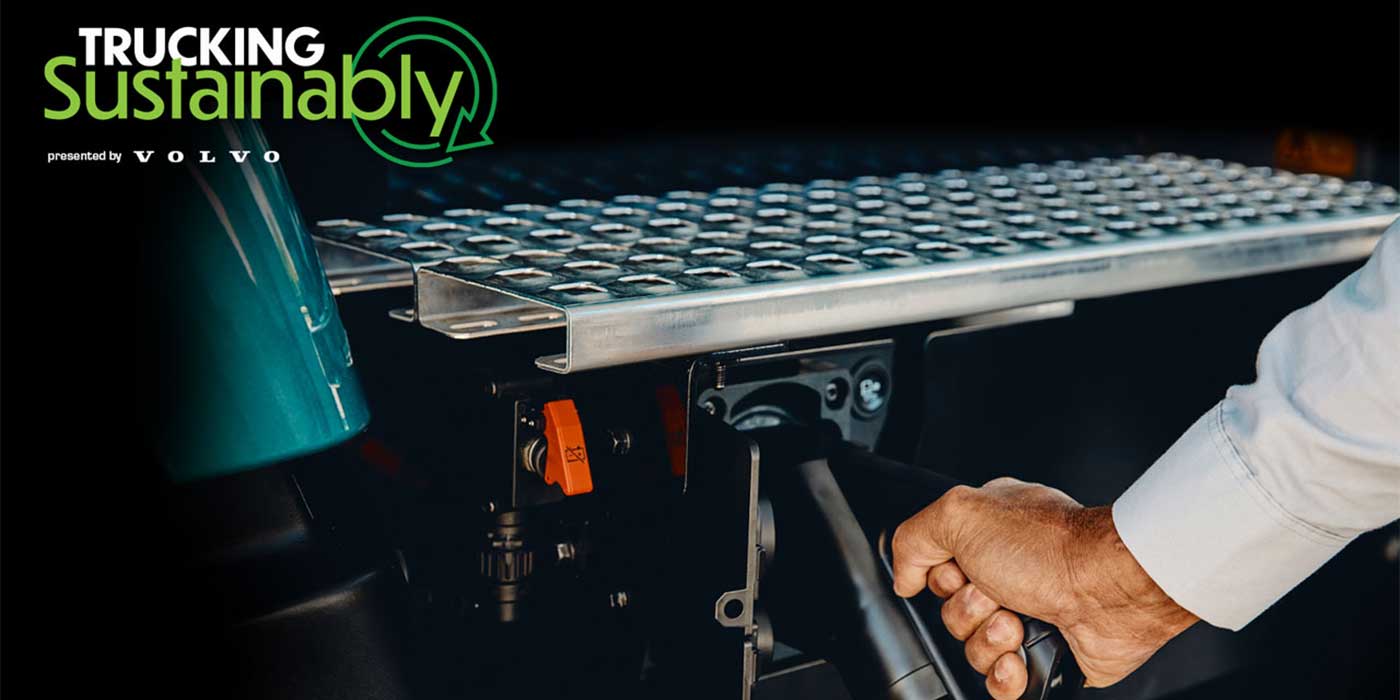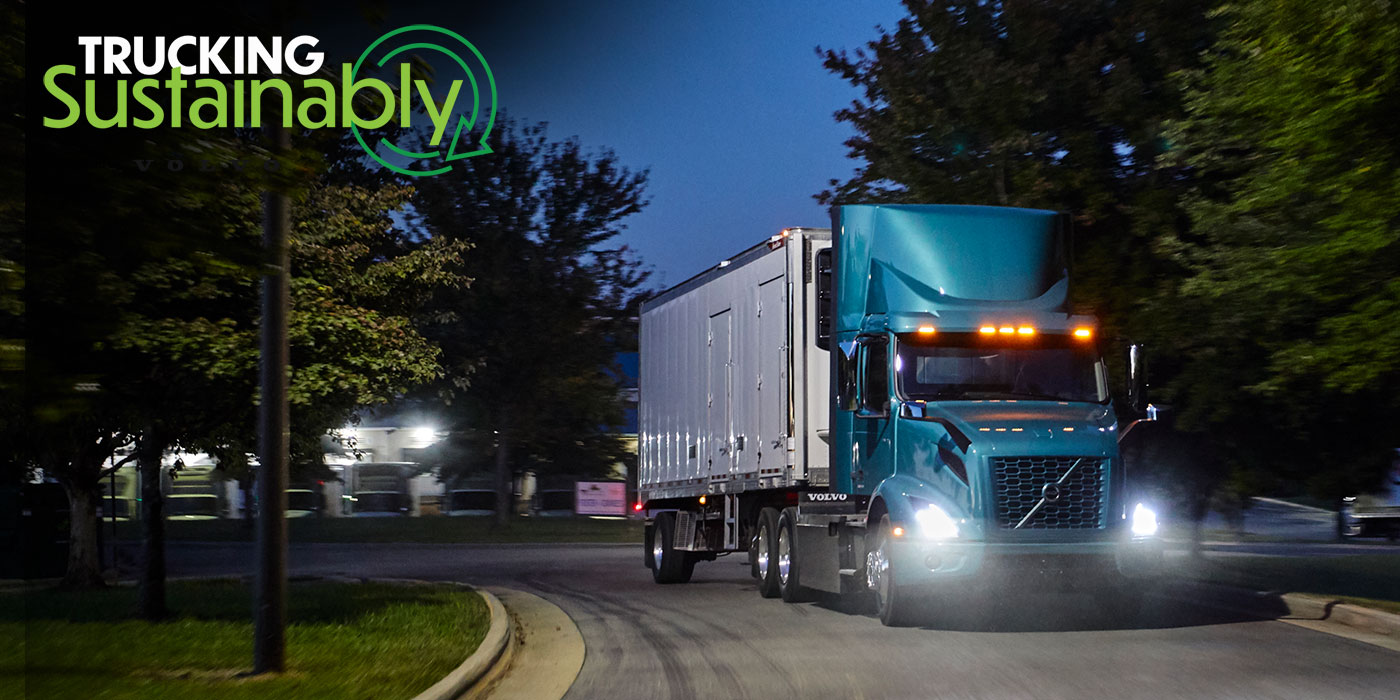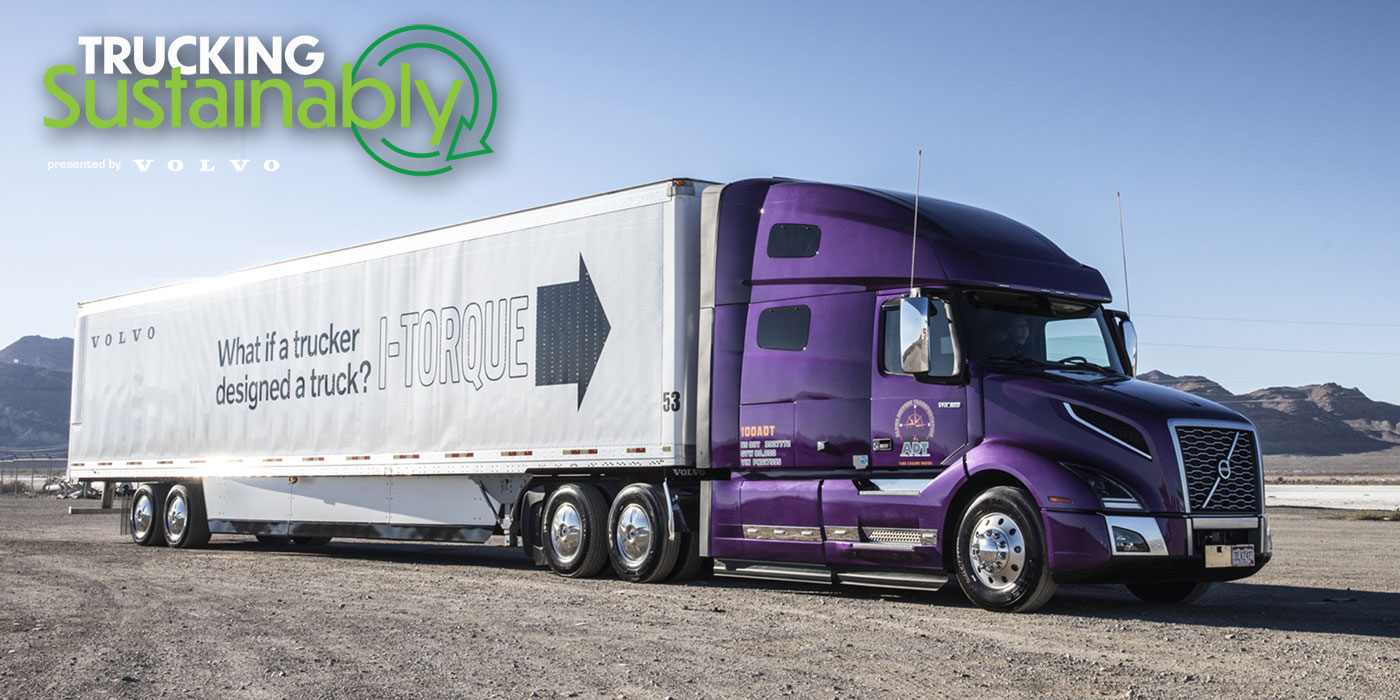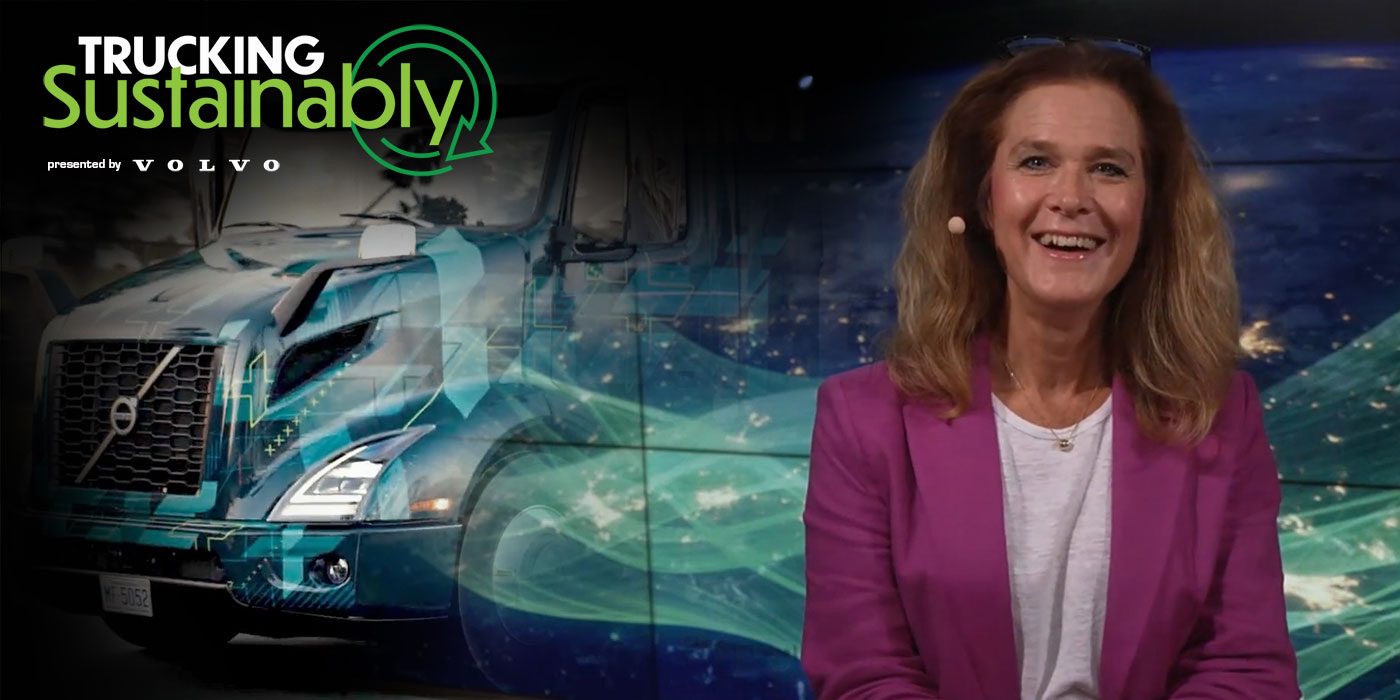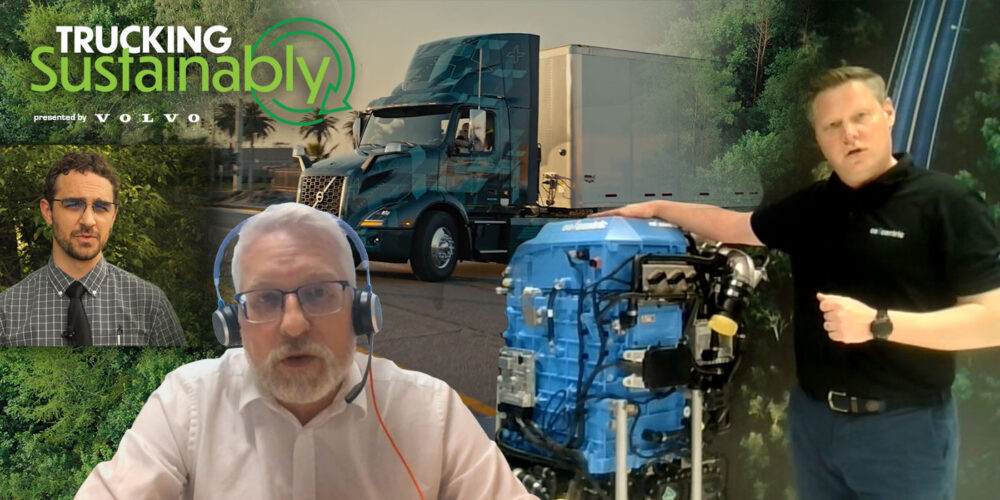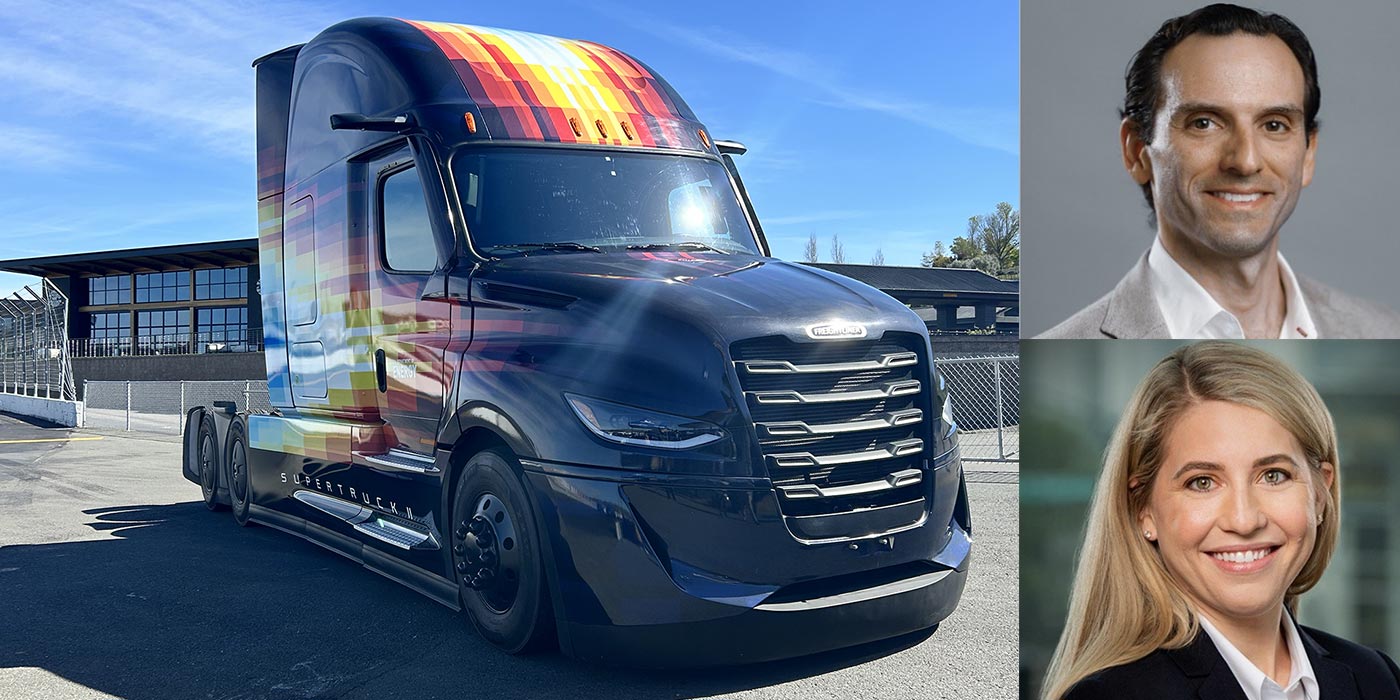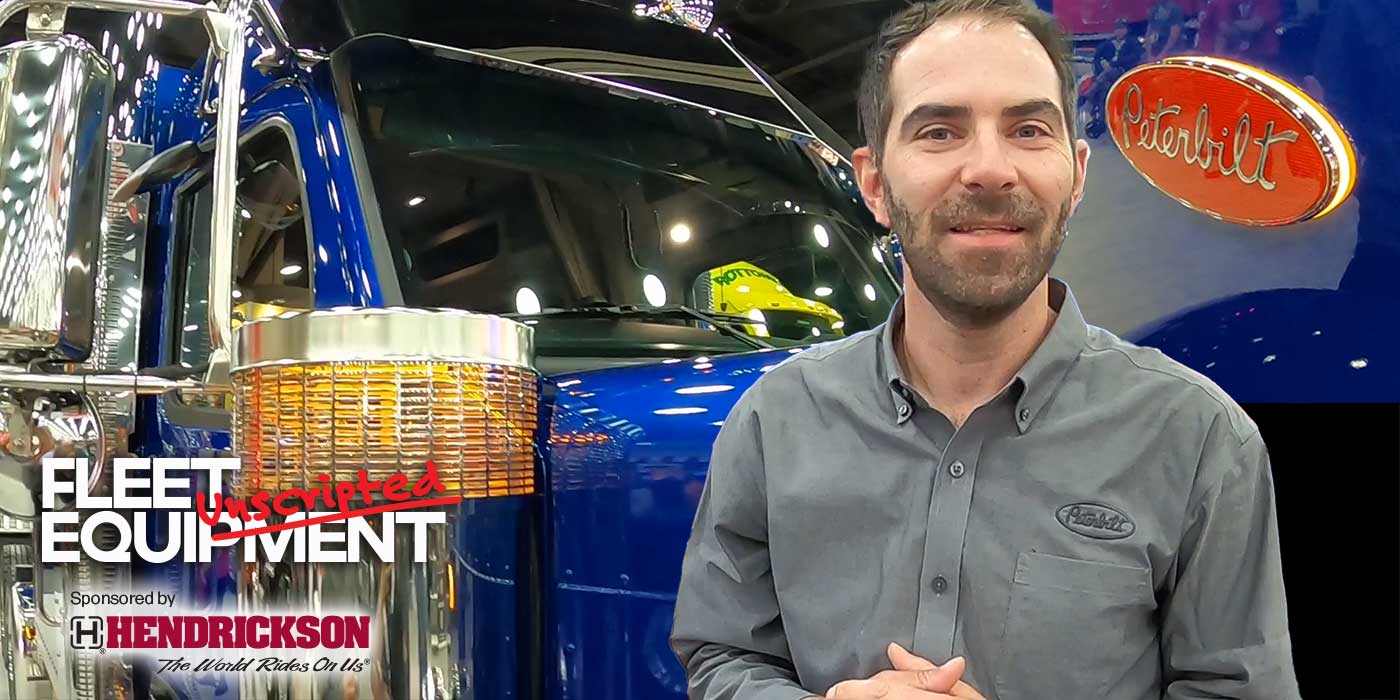Fuel economy in heavy-duty trucks is more than a matter of saving at the pump; it’s a comprehensive approach to reducing operating costs, minimizing environmental impact, and improving the overall sustainability of transport operations. To support decarbonization and push fuel efficiency even further, truck manufacturers combine the latest truck equipment with cutting-edge technology—from advanced aerodynamics and powertrain design to driver assistance systems and insightful connectivity.
Consider the new Volvo VNL: It offers up to a 10% improvement in fuel efficiency compared to its predecessor. In the aerodynamics department, the new Volvo VNL sports a V-shaped design, combined with a sloped windshield and optimized roof line to boost fuel efficiency. Additional aerodynamic improvements include wheel closeouts on the front axles and tightly fitted chassis fairings that minimize disturbances from front to back. Attention to aerodynamic detail extends to extended cab side fairings, further closing the gap between the tractor and the trailer, aiming to maintain a critical distance for optimal air flow management.
On the powertrain front, the upcoming VNL introduces several key innovations. The truck’s I-Shift transmission now offers up to 30% faster shifting speeds, thanks to software improvements. Additionally, Volvo has evolved its piston design from a six-wave to a seven-wave pattern, further enhancing combustion efficiency. A variable speed oil pump has also been introduced, contributing to the overall 3% fuel efficiency gain attributed to powertrain advancements. These features, now standard across the Volvo VNL lineup.
For a deep dive into the decarbonization and fuel efficiency opportunities offered by the all-new Volvo VNL, Trucking Sustainably caught up with Chris Stadler, product marketing manager, long haul at Volvo Trucks North America.

